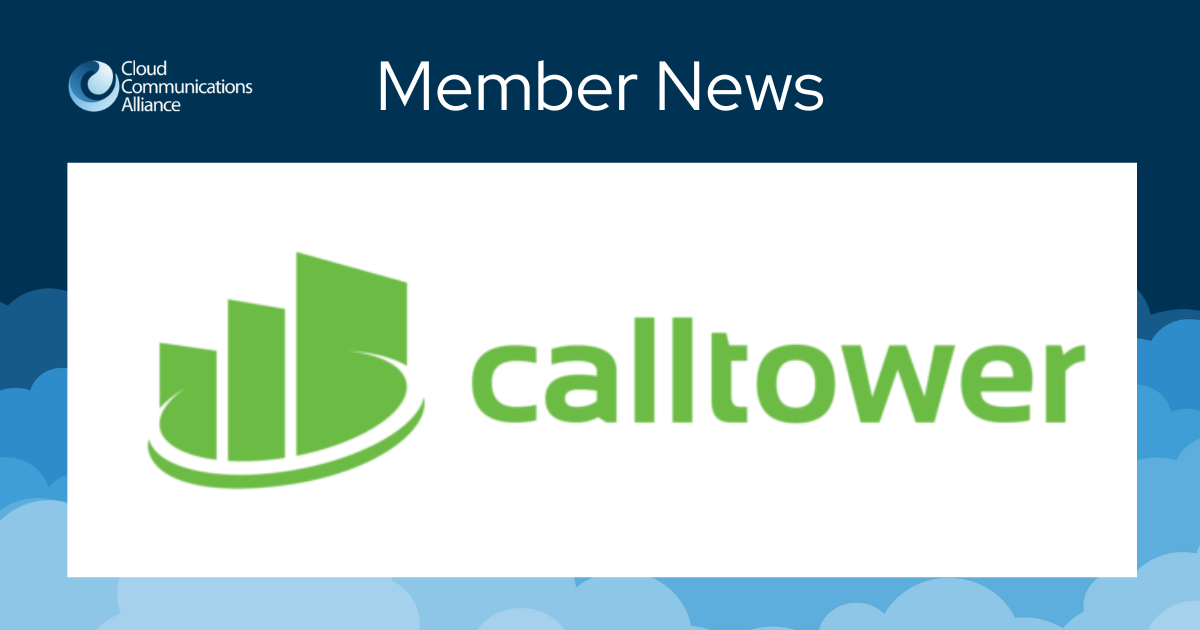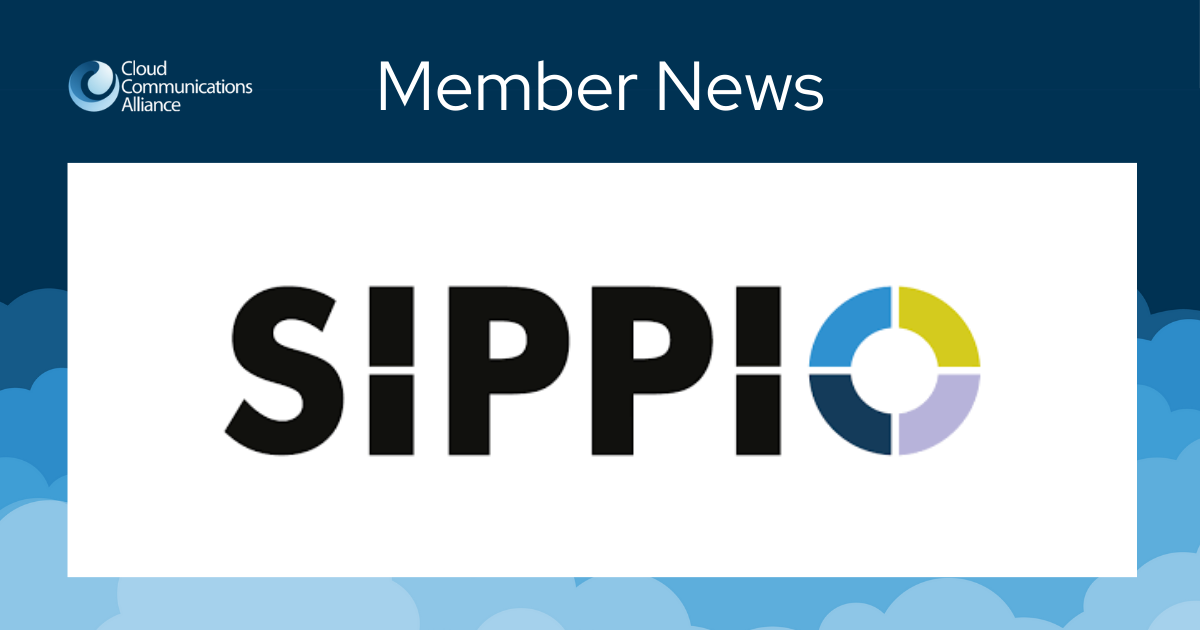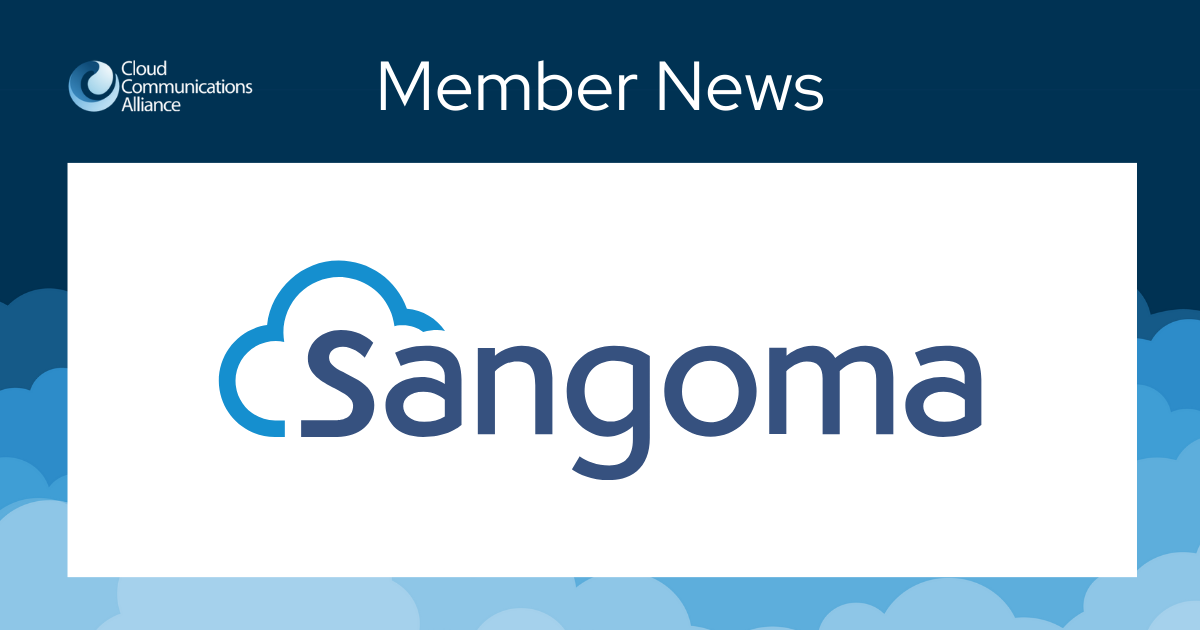Cloud Communications Company Liability For TCPA Violations

The Telephone Consumer Protection Act (TCPA) makes it unlawful to call or send texts to consumers without their express prior consent – or prior written consent if the call or text is for telemarketing purposes. Offenders are subject to penalties of $500 per call or text, or, $1500 for willful violations. TCPA lawsuits are often filed as class actions, and settlements in the six and seven figures are not uncommon. Even sending one text to one consumer without consent can trigger a class action lawsuit. It’s a scary statute for businesses, but also, potentially, for communications providers that offer calling or texting platforms and services, as a recent federal court case demonstrated.
Generally, communications companies that simply provide a platform for calling or texting are not liable because they are not deemed to be “making” the call. But this is not always the case. The FCC has determined that a platform provider may be so involved in the process that they could be held liable. Liability is to be determined by looking at the “totality of the circumstances,” not a helpful standard if seeking to avoid lengthy litigation. As part of the totality of the circumstances test, the court considers: 1) who took the steps necessary to physically place the call to text; and 2) whether another person or entity was so involved in placing the call or text as to be deemed to have initiated it, considering the goals and purposes of the TCPA, as well as whether a text broadcaster "knowingly allowed its client(s) to use that platform for unlawful purposes."
Applying this standard, a federal court in Nevada recently refused to dismiss Twilio from a TCPA lawsuit. The lawsuit claims that a theatre company sent telemarketing text messages to persons without their consent. The company used Twilio’s texting platform. Twilio asked the court to dismiss it from the case because it did not send the texts, the company did. The court rejected the request. The court found that the plaintiffs had plausibly and sufficiently alleged that Twilio collaborated in the development, implementation, and maintenance of the telemarketing text message campaign by taking the following specific actions.
(1) joined its software and hardware with the company’s to create, sort, and send hundreds of thousands of text message advertisements to cellular telephone numbers in an automated manner;
(2) caused its devices to store the telephone numbers and messages, prioritized in what sequence the text messages would be sent, and ensured that the text messages were not blocked by cellular telephone carriers as telemarketing spam;
(3) controlled when and how each of the telemarketing text messages was delivered to the cellular telephone numbers of their intended recipients;
(4) provided software code tailored for the company’s devices to enable and facilitate the automated transmission of telemarketing text messages with the assistance of Twilio;
(5) provided help and advice to the company on how to ensure their telemarketing program would not run afoul of spam filters of cellular telephone carriers that are intended to block such uninvited telemarketing;
(6) helped the company obtain a short code telephone number for the telemarketing program to aid in bypassing the spam filters of cellular telephone carriers; and
(7) assigned the company a mobile marketing campaign specialist who was specifically authorize by Twilio to ensure that the telemarketing text message program was a success.
At this particular stage of the case, the court was required to assume these allegations were true and it found that they were sufficient to show that Twilio took steps necessary to send the automated text messages. The court seemed particularly concerned with the allegation that Twilio helped the company bypass spam filters. It’s possible that Twilio may ultimately show that these allegations are not as plaintiffs claim, but it will have to either settle or undertake the expense of further litigation.
The case highlights the importance of text platform providers carefully assessing the role they play in any automated texting campaign. If you have any questions, please feel to contact the author, Michael Pryor, at 202 383 4706 or mpryor@bhfs.com.
About Brownstein Hyatt Farber Schreck.
We are a full service law firm with offices throughout the west and in Washington D.C. We routinely advise companies on TCPA compliance, defend TCPA litigation, and actively advocate for TCPA reform on behalf of clients before the FCC and Congress. We are the second largest government relations firm in the country and are uniquely able to combine legal, regulatory and lobbying experience to advance our clients’ interests.


